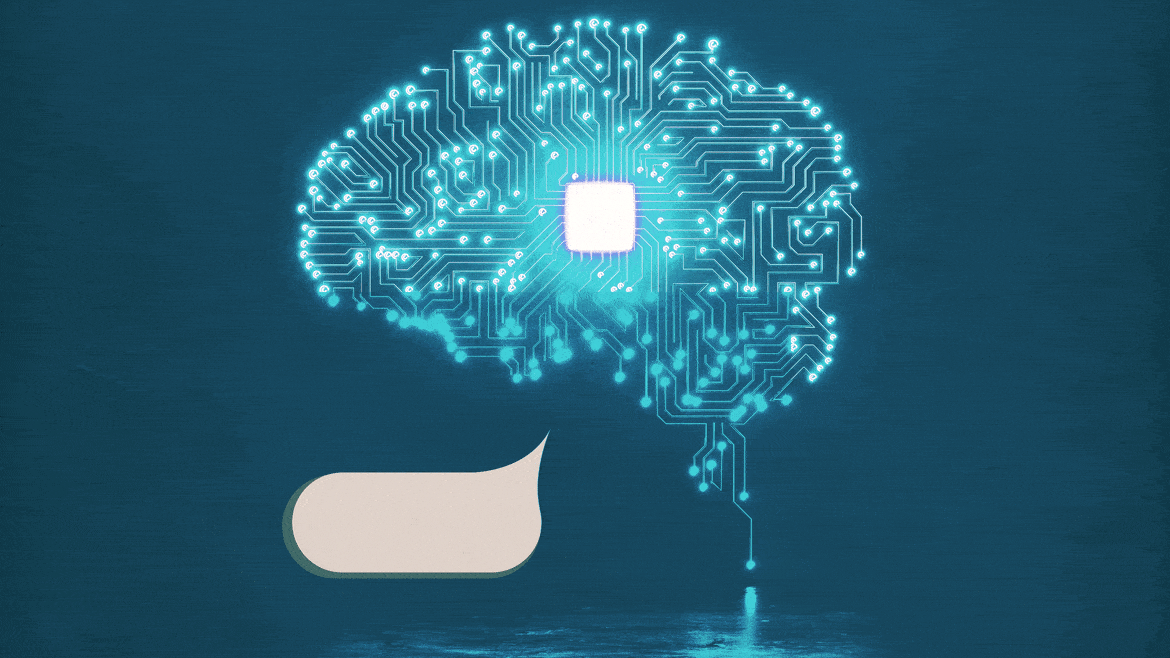Photo Illustration by Kelly Caminero / The Daily Beast / Getty
One of the great tragedies of anarthria, the loss of speech, is that many people who suffer the condition—following, say, a stroke—can still think clearly. They just can’t express themselves the way most of us do, with words. Especially if they’re also paralyzed and can’t type out their thoughts on a tablet.
For years, scientists have been trying to help anarthric people—in particular paralyzed ones—speak through technology. The latest approach is to implant devices, in or near the brains of anarthric people, that can literally read the electrical impulses that comprise their thoughts—and beam text to a device that either displays it or sounds it out.
These brain-computer interfaces, or BCIs, have been getting more and more sophisticated. But they still have a big accuracy problem. In a major experiment three years ago, one leading BCI prototype mistranslated the thoughts of around a quarter of the trial’s participants.

